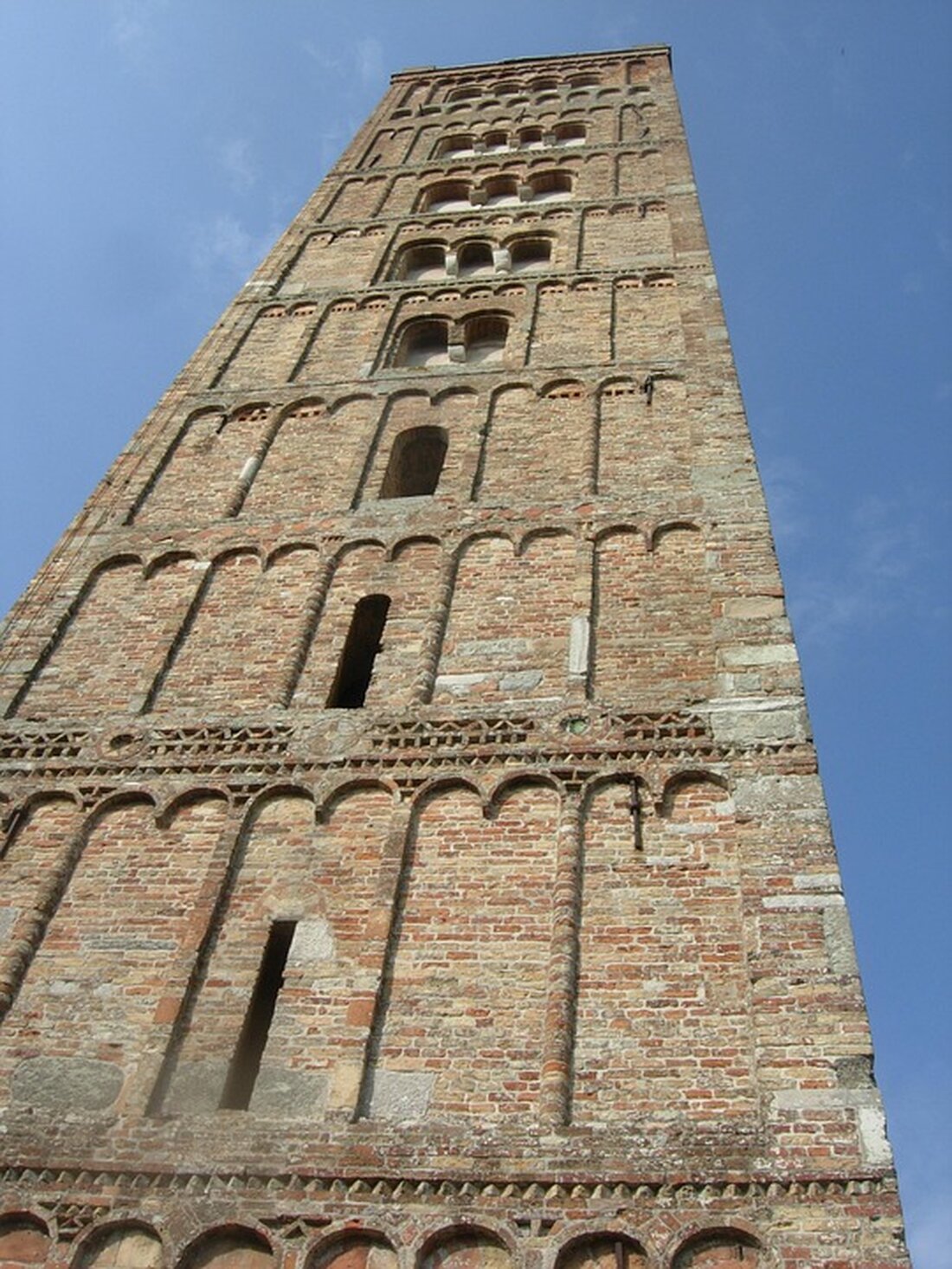Flamingo problems in the Po Delta: farmers fight against tourist attraction!
In Italy's Po Delta, there are conflicts between rice farmers and the growing flamingo population. Crop losses threaten agriculture.

Flamingo problems in the Po Delta: farmers fight against tourist attraction!
In Italy's Po Delta, rice farmers are facing a serious problem: the ever-growing flamingo population is causing crop failures. These beautiful birds, known for their distinctive pink plumage and elegance, have become an attraction for tourists. But while visitors admire the beauty of the flamingos, farmers suffer the consequences. According to a report by watson.de Farmers, especially Giampaolo Cenacchi, vice president of the Po Delta Rice Consortium, are reporting up to 80 percent crop loss due to the dangers that flamingos pose to the rice fields.
To protect their fields, rice farmers often have to work at night and use various measures to drive away the flamingos. This includes horns, blank guns and the targeted use of high beams. Nevertheless, they not only fight against the birds, but also against extreme weather events. Severe drought, heavy rains and floods have further exacerbated the situation in recent years. Some residents complain about the noise from firecrackers, which are also used to scare away the flamingos.
A conflict between nature and agriculture
Claudia Guidi, vice president of the farmers' association Confagricoltura Ferrara, describes the situation as a conflict between the needs of farmers, the flamingos and tourism. Flamingos contribute to the region's attractiveness, but the consequences of their presence are devastating for farmers. Flamingos feed on mussels, insects and small crustaceans, which causes the soil to be disturbed and rice plants to be damaged.
Flamingos are not only common in Italy; they also exist in various other parts of the world. How worldpopulationreview.com Reportedly, flamingos are mainly present in East Africa, especially near saline lakes, as well as in the Caribbean countries. In Tanzania, for example, Lake Natron is home to a known breeding colony of around 2.5 million African flamingos. Even among the more than 680,000 Greater Flamingos, the birds are at risk due to factors such as climate change and urbanization.
The role of tourism
The attractive power of flamingos undoubtedly has tourism benefits, but these often come at the expense of farmers in the Po Delta. The question remains how to create a balance between nature and agriculture so that both the flamingos and the rice farmers can live in harmony. This requires innovative solutions and deeper conversations about the challenges posed by the growing flamingo population.

 Suche
Suche
 Mein Konto
Mein Konto